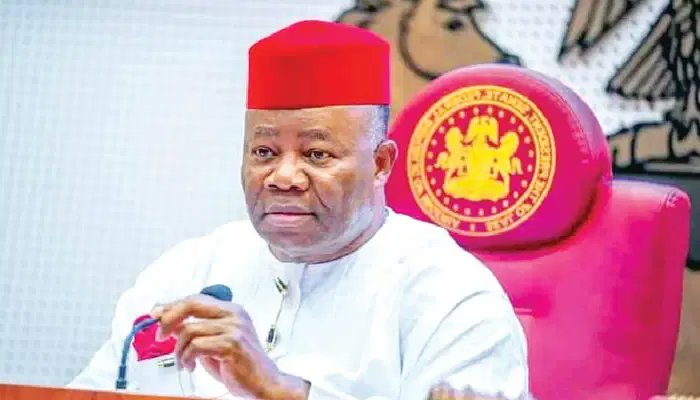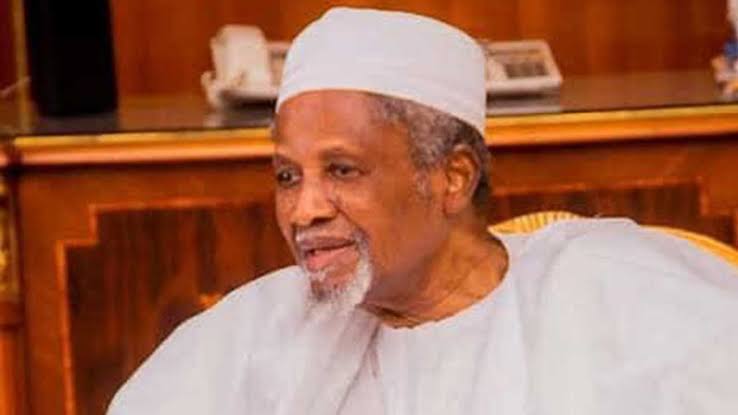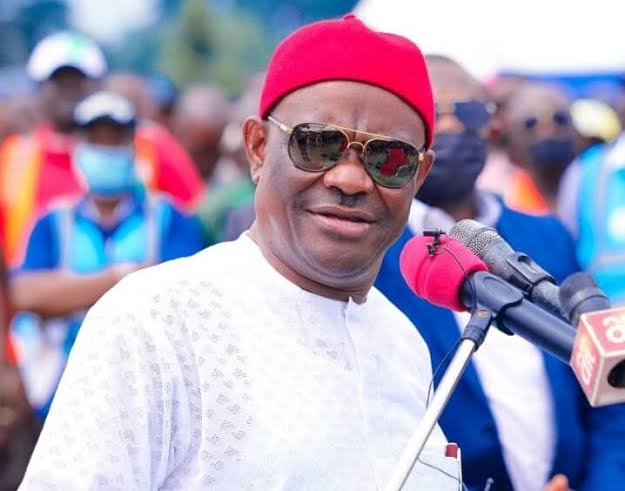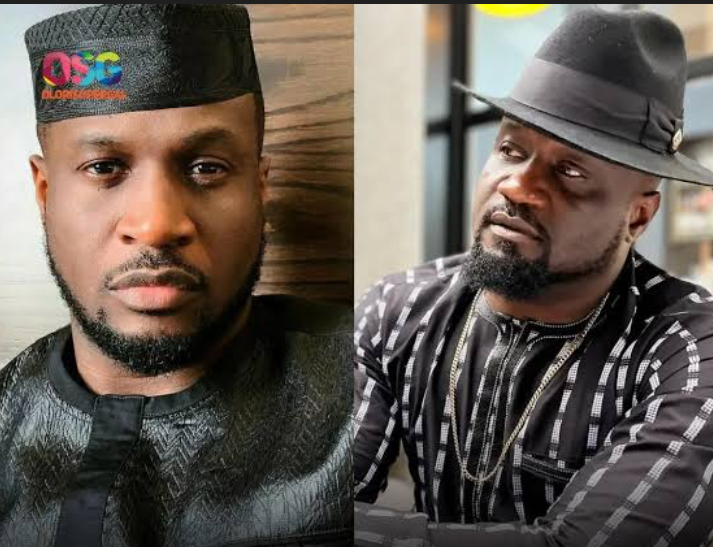
JUST IN: Senate President Akpabio Denies Links to Jailed INEC Officer Convicted of Election Rigging

On May 1, 2025, a significant statement emerged from Nigeria’s political sphere as Senate President Godswill Akpabio publicly distanced himself from Prof. Peter Ogban, a former Independent National Electoral Commission (INEC) official.
Ogban was convicted in 2021 for manipulating election results during the 2019 Akwa Ibom North-West Senatorial election, an act that allegedly favored the All Progressives Congress (APC), the party Akpabio was associated with at the time.
The denial, shared via a post by Nigeria Stories on X, has reignited discussions about electoral integrity and the accountability of political figures in Nigeria.
Godswill Akpabio, who has served as the President of the Nigerian Senate since 2023, has a long and controversial political career.
A lawyer by training, Akpabio previously held the position of Governor of Akwa Ibom State from 2007 to 2015 and later served as the Minister for Niger Delta Affairs from 2019 to 2022.
His political journey also includes a stint as a senator representing Akwa Ibom North-West, a seat he first won in 2015 but lost in the contentious 2019 election—the very election at the center of Ogban’s conviction.
Akpabio returned to the Senate in 2023 after winning the election that year, eventually ascending to the Senate Presidency.
However, his career has been marred by allegations of corruption, including an investigation by the Economic and Financial Crimes Commission (EFCC) into the alleged diversion of over 100 billion Naira during his governorship.
Additionally, in 2020, the House of Representatives summoned him over the suspected misappropriation of 40 billion Naira, further fueling public skepticism about his integrity.
Prof. Peter Ogban, a soil science professor at the University of Calabar, served as the returning officer for the 2019 Akwa Ibom North-West Senatorial election.
He was found guilty of falsifying election results in two local government areas, Oruk Anam and Etim Ekpo, to favor the APC.
Court records reveal that Ogban added approximately 5,000 fake votes to the APC’s tally in Oruk Anam, a move that aimed to secure an advantage over the Peoples Democratic Party (PDP), the APC’s main rival in the election. Despite these efforts, the PDP candidate, Chris Ekpenyong, emerged victorious in a contest marked by violence and irregularities.
Ogban’s conviction in 2021 was hailed as a landmark moment, as it marked the first time a returning officer faced such legal consequences for electoral fraud in Nigeria.
The Court of Appeal in Calabar upheld the conviction on April 30, 2025, affirming the three-year prison sentence or an option of a N100,000 fine.
The case also sheds light on broader systemic challenges within Nigeria’s electoral justice framework.
A 2021 report by The Guardian Nigeria highlighted the inefficiencies in prosecuting electoral offenses. Despite 482 cases being pursued by 2012, only 24 resulted in convictions, indicating a significant gap in enforcement.
Legal experts, such as Senior Advocate of Nigeria Kemi Pinheiro, have criticized the leniency of penalties like Ogban’s, arguing that a three-year sentence or a minimal fine does little to deter future electoral misconduct.
Moreover, the law often fails to hold the masterminds—typically political candidates—accountable, focusing instead on direct perpetrators like Ogban.
This loophole allows influential figures to evade justice, perpetuating a cycle of impunity in Nigeria’s electoral process.
Akpabio’s denial has sparked varied reactions on social media, with many users expressing skepticism about his claims. Some labeled Ogban a “scapegoat,” suggesting that the real orchestrators of electoral fraud often escape punishment.
Others criticized Akpabio, pointing to the numerous controversies surrounding his name and arguing that in a more accountable system, he might have been compelled to step down.
As Nigeria continues to grapple with electoral reform, this case underscores the urgent need for stricter laws, better enforcement, and a justice system that holds all parties—perpetrators and sponsors alike—accountable for undermining democracy.


